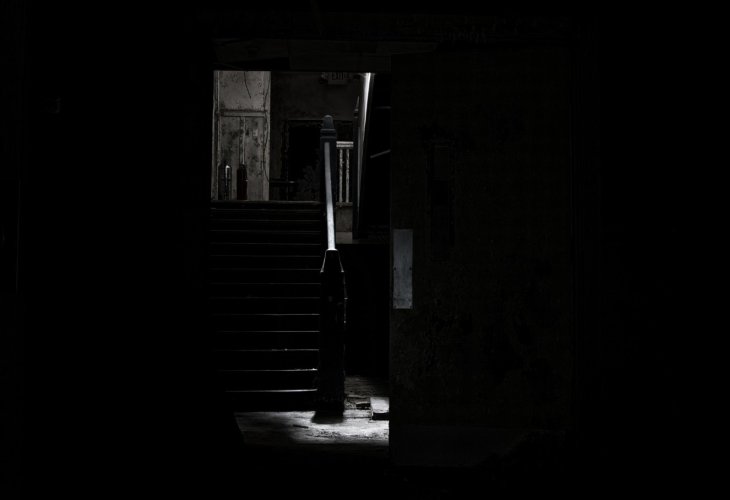Torah Personalities
Honoring Rabbi Avraham Genechovsky: Five Stories of Integrity and Respect
Discover stories that reveal Rabbi Avraham's unwavering commitment to honesty and respect for others' property.

In the book 'And He Said, Here I Am', we find awe-inspiring stories about the sage Rabbi Avraham Genechovsky zt"l, showcasing the extraordinary care Jewish leaders take concerning others' possessions.
1. A Longer Path
The Gerrer shtibl, familiar to Rabbi Avraham's friends and neighbors in Bnei Brak, lies at the junction of Beloi and Yehuda Halevi Streets. Next to it, there is a shortcut through a residential building that many use to bridge the streets. But Rabbi Avraham would always enter through the courtyard to pray in the study hall, as that was the appropriate path.
One day, he walked from Beloi to Yehuda Halevi but refused the shortcut. To a puzzled student, he explained, "We’re not going to the synagogue now but adjoining streets. How can we pass through a courtyard that isn’t ours?"
2. "We Must Not Turn On The Light"
Once caught in a downpour, Rabbi Avraham and his students took shelter under a shared courtyard roof. As one student reached to turn on the lights, Rabbi Avraham stopped him, saying, "Entering is permitted by law, but activating the light would incur a cost, which we cannot justify."
3. "It's Not Right to Use Your Elevator"
On a warm evening, Rabbi Avraham knocked on a neighbor's door to discuss a personal family favor. When questioned about his sweaty appearance and choice to use the stairs, Rabbi Avraham replied, "I was here solely for my benefit, not yours; hence, using your elevator seemed improper."
4. "I Prefer Not to Sit"
Rabbi Avraham recounted a tale involving the esteemed Chazon Ish zt"l, who attended a celebration in Tel Aviv. Post-event, while waiting on the sidewalk for a ride back to Bnei Brak, he declined a seat offer, worried that his presence might inconvenience pedestrians, opting to stand instead.
5. "The Borrower Cannot Lend"
Rabbi Avraham’s study partners often witnessed him phoning individuals to request permission to use their books. Although he possessed them, he hadn’t initially secured rights for others to study, so he sought owners' approval before delving into their texts together.
"The righteous value their possessions more than their bodies," because they labor intensely to ensure the purity of their resources, concerned about every financial aspect. Their earnings, purchases, transactions, and neighborly financial negotiations reflect decades of thoroughness. Kosher possessions become incredibly valuable to them, reinforcing the importance of undertaking mitzvot properly.

